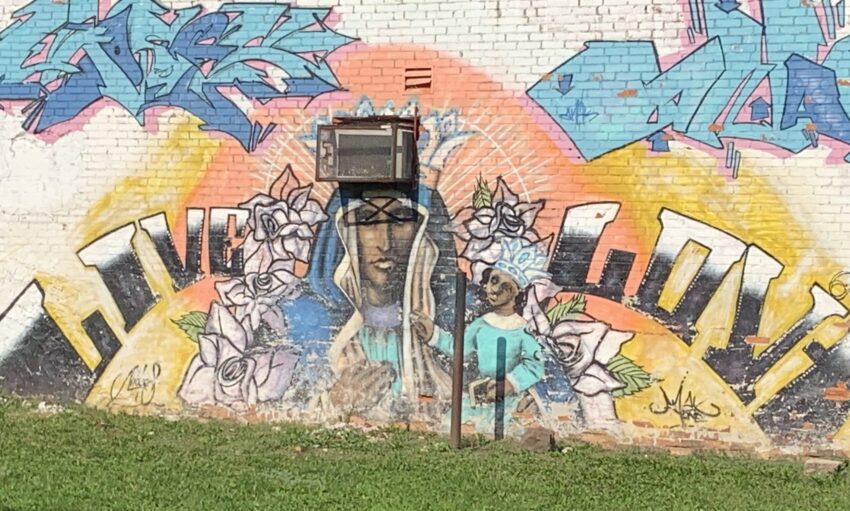The woman watched the man’s head fall back and his mouth open, but he didn’t slip from his seat on the city bus. He began to snore, but it was irregular and somewhat gasping, then he was quiet. “I wish I could sleep like that,” the man sitting across from her said. She wasn’t the type to speak up, but she kept thinking, “I wonder if he is overdosed.” They were on Park Street where her son told her he came to buy drugs before he’d finally agreed to go to treatment. He was home now and doing well, but at her doctor’s suggestion she kept naloxone both at home and in her purse. “I think he’s overdosed,” she said aloud.
“He’s just drunk,” the man said. “I wouldn’t bother him.”
She stood and approached the driver. “Ma’me, I think there is a passenger who is sick.”
The driver pulled the bus to the side of the road and then walked back to the young man. She gave him a little push, but he did not respond. She swore under her breath, then walked back to the front of the bus, picked up her radio and told her dispatcher they needed an ambulance. “I’m not allowed to do anything more than that,” she said.
The other passengers shouted at the man to wake up. The woman shook his shoulder. His chest heaved, but then he was motionless. She reached forward and opened one of his eyelids. His pupils were pinpoint. She noticed then the skin was turning blue around his lips. She opened her purse and took out the naloxone. She had never used it before, but she followed the training. She tore the blister pack open, removed the device, stuck the thing in the man’s nose and pushed the plunger. She waited for several moments, and then gave him another shake.
He gasped. He still wasn’t awake, but his chest was moving now
“I think it’s working,” another rider said.
By the time my partner and I boarded the bus, our patient had opened his eyes. He was jittery and perspiring. “What happened?” I asked the onlookers.
The woman, who was visibly trembling, said, “I gave him Narcan.” She held up the vial she still held in her hand. “He was wasn’t breathing right, so I gave it to him.”
I nodded, then turned to the young man. “You’re not in trouble, but we should probably take you to the hospital for evaluation.
“I just fell asleep,” the young man said.
I picked up the small torn glassine envelope that lay on the ground under the man. I read the printed writing on it, right under the blue and black skull. “Stranger Danger.”
The young man said nothing. He looked down at his hands.
“It’s okay,” I said. “We’ll take you to the hospital. They’ll be someone you can talk with there about getting into treatment if that’s something you’re ready for.”
A firefighter helped him up and led him out to where my partner was putting a clean sheet on the stretcher. I stayed for a moment and talked to the woman and she told me what happened, and how she only carried the narcan because of her son. Her voice broke with emotion as she talked.
“Good work,” I said. “You did well.”
That evening when she reaches home, I imagine her finding her son studying in his room. She hugs him and makes no attempt to hide her tears.


